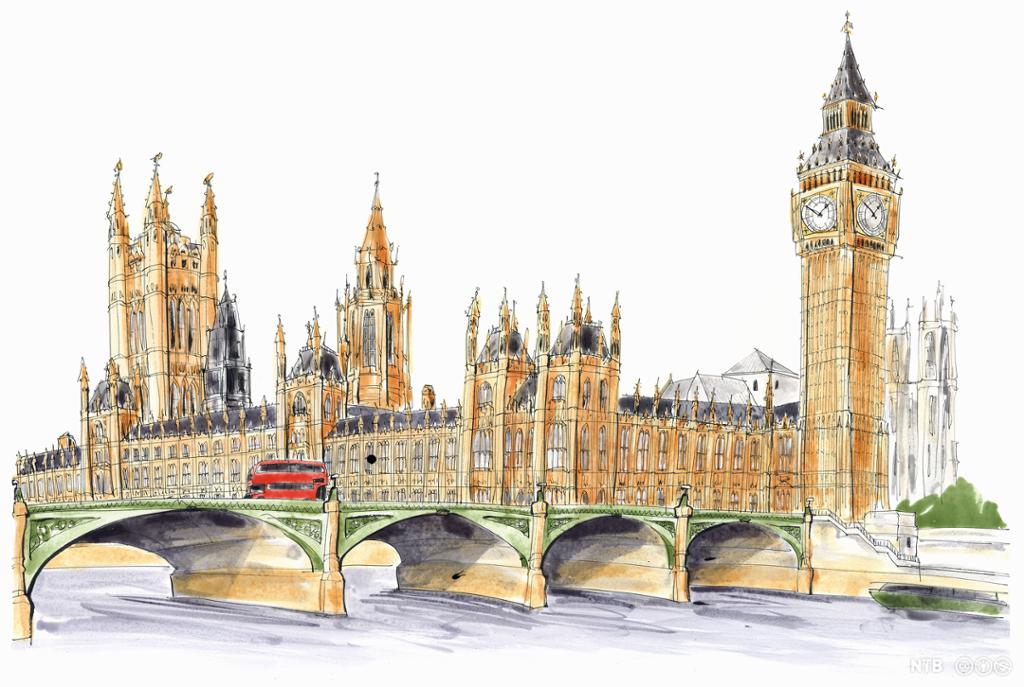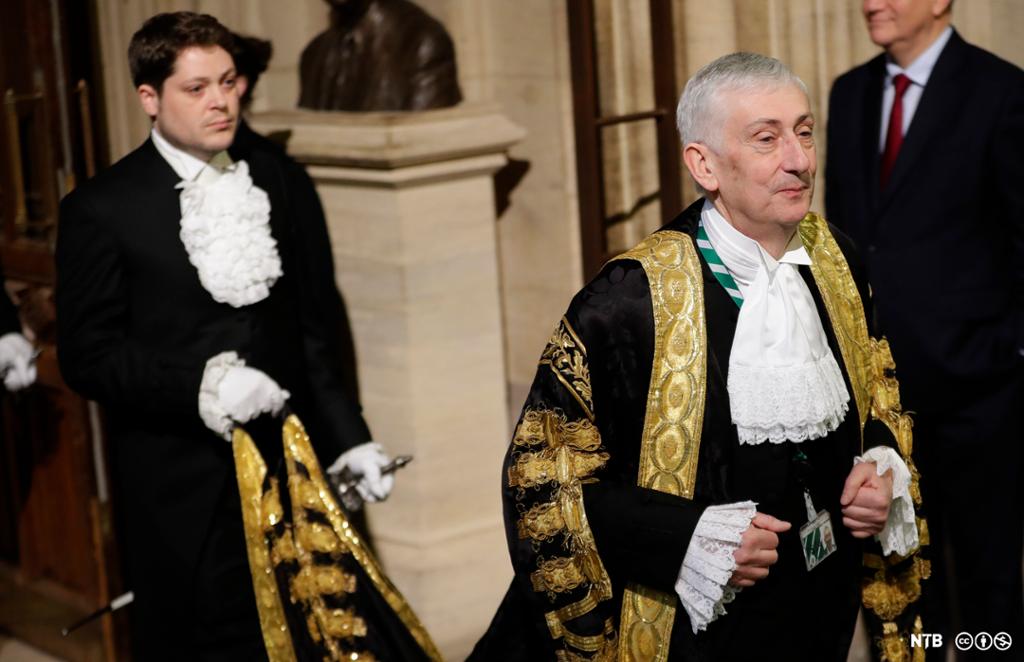The UK Parliament

The UK Parliament
The UK has separation of powers, but a doctrine of parliamentary supremacy ensures that Parliament has more power than the executive and judiciary branches.
The doctrine may be summarised in three points:
Parliament can make laws concerning anything.
No Parliament can bind a future Parliament (that is, it cannot pass a law that cannot be changed or reversed by a future Parliament).
A valid Act of Parliament cannot be questioned by the Supreme Court. It is only Parliament that can make or remove laws.
There are 650 members of Parliament, called MPs for short. The MPs are elected by the people. Each MP represents a constituency. An MP must reside in their constituency. They regularly return there to hold 'surgeries'; that is, one-to-one meetings with the people in their constituency so they can hear about their problems and issues.
The party that wins the most seats in Parliament in a general election is invited by the sovereign (the king or queen) to form the government. Since 1901, it has been the custom that the prime minister and cabinet ministers must be members of Parliament. The prime minister must meet in Parliament once a week to answer questions from the MPs. This is called the Prime Minister's Question Time. The government must have the support of Parliament to rule.
In the late 1990s, national assemblies were created in Scotland, Wales, and Northern Ireland. Power was transferred from the UK Parliament to these parliaments so that they can make decisions regarding issues specific to these countries. This process is called devolution. England does not have a separate parliament. Issues related to England, issues related to the UK as a whole, as well as foreign affairs are debated and decided in the UK Parliament.
The Parliament has four primary functions:
check and challenge the work of the government.
check and approve government spending.
make and revise laws.
debate important issues.
650 members of Parliament (MPs) elected by the people sit in the House of Commons. MPs consider and propose new laws and can scrutinise government policies by asking ministers questions about current issues, either in the Commons chamber or in committees. The House of Commons also approves the country's budget.
The leader of the largest party in the House of Commons is invited by the sovereign to form the government. If no party has majority in the House of Commons, a coalition government is formed.
The House of Commons chamber
Here, you see an image of the House of Commons chamber. This is where debates are held. Click on the question marks to learn more about what you see.
The speaker
During debates in the House of Commons, order is maintained by the speaker. The speaker determines which members may speak and which amendments are selected for consideration, and they may also punish members who break the rules of the House. Speakers remain strictly non-partisan and renounce all affiliation with their former political parties when taking office.

The House of Lords is the second chamber of the UK Parliament. It plays an important role in examining bills, questioning government action, and investigating public policy. Members of the House of Lords are appointed by the sovereign on the advice of the prime minister.
Currently, there are about 800 members who are eligible to take part in the work of the House of Lords. The majority of the members of the House of Lords are life peers. A life peer is someone who holds a noble title for the duration of their lifetime. There are also a small number of hereditary peers who can attend the House of Lords.
The House of Lords is meant to be a check on the power of the House of Commons; they can delay decisions and send bills back to the House of Commons to be revised. The House of Lords does not have the power to block decisions made in the House of Commons.
Take the quiz to check what you remember from the text.
Relatert innhald
Interactive tasks about the system of government in the UK.
Tasks about the system of government in the UK.